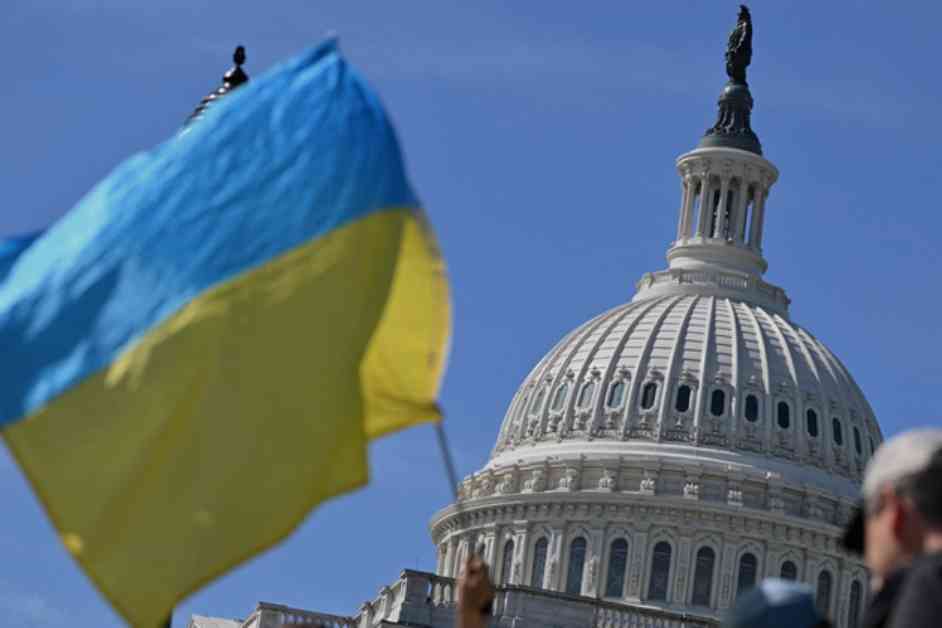US Senate Democrats Condemn Russia’s Actions in Ukraine
In a bold move, US Senate Democrats introduced resolutions on Wednesday evening, unequivocally placing the blame on the Kremlin for the ongoing war in Ukraine and the war crimes being committed. Their resolute stance aimed to call out the ruling party’s perceived Russia appeasement and hold the Russian government accountable for its actions. However, their efforts were met with strong opposition from Republicans aligned with President Donald Trump, who vehemently objected to the resolutions.
Senator Bernie Sanders of Vermont, known for his progressive views, spearheaded the push for these resolutions, seeking unanimous Senate consent to condemn Russia’s illegal invasion of Ukraine. The clarity and conviction of the resolutions were emphasized in a press release, highlighting key points that included condemning Russia’s aggression, war crimes, and forcible abduction of Ukrainian children.
Democratic Push for Accountability
As the debates unfolded, it became evident that the Senate Democrats were unwavering in their commitment to condemning Russia’s actions in Ukraine. Despite facing resistance from Republican Senator James Risch, who questioned Putin’s ability to end the conflict unilaterally, the Democrats pressed on. The resolution proposed by Senator Dick Durbin, aimed at condemning the abduction of Ukrainian children, faced similar objections, underscoring the partisan divide on the issue.
Senator Chris Van Hollen of Maryland introduced a resolution seeking to officially label Putin’s actions in Ukraine as war crimes. However, even Senator Roger Wicker, known for his support of Ukraine, opposed this resolution, signaling the complexity and sensitivity of the political landscape surrounding the conflict. The Democrats’ frustration at the lack of bipartisan support for these resolutions was palpable, with Senator Peter Welch of Vermont questioning whose interests were truly being served in the ongoing debate.
Partisan Standoff and Historical References
The clash between the two parties over the issue of Russia’s involvement in Ukraine reflected a broader ideological divide within the Senate. Senator Michael Bennet of Colorado invoked the legacy of Ronald Reagan, a Republican icon known for his staunch anti-Soviet stance, to underscore the gravity of the situation. The Democrats’ insistence on reaffirming Ukraine’s territorial sovereignty further underscored their commitment to upholding international norms and condemning acts of aggression.
The reluctance of some Republicans to acknowledge Russia’s culpability in the conflict raised questions about the party’s stance on foreign policy and national security. The Democrats’ unwavering stand against Russian aggression and their calls for immediate withdrawal of Russian forces highlighted the urgency of the situation and the need for bipartisan cooperation in addressing global threats.
John Moretti, an author and correspondent for Kyiv Post, emphasized the importance of holding Russia accountable for its actions in Ukraine. With a background in Eastern European economics and international public policy, Moretti’s insights shed light on the geopolitical implications of the conflict and the broader implications for regional stability.
In conclusion, the Senate Democrats’ efforts to condemn Russia’s actions in Ukraine underscored the importance of upholding democratic values and international norms in the face of aggression. The partisan divide on the issue highlighted the challenges of navigating complex geopolitical realities while staying true to core principles of democracy and human rights. The ongoing debate serves as a reminder of the need for bipartisan cooperation in addressing global challenges and promoting peace and stability in the region.

















